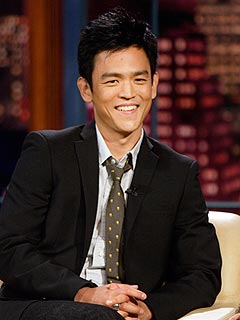NEW YORK (AP) — About 1 in 9 younger women have used the morning-after pill after sex, according to the first government report to focus on emergency contraception since its approval 15 years ago.
The results come from a survey of females ages 15 to 44. Eleven percent of those who'd had sex reported using a morning-after pill. That's up from 4 percent in 2002, only a few years after the pills went on the market and adults still needed a prescription.
The increased popularity is probably because it is easier to get now and because of media coverage of controversial efforts to lift the age limit for over-the-counter sales, experts said. A prescription is still required for those younger than 17 so it is still sold from behind pharmacy counters.
In the study, half the women who used the pills said they did it because they'd had unprotected sex. Most of the rest cited a broken condom or worries that the birth control method they used had failed.
White women and more educated women use it the most, the research showed. That's not surprising, said James Trussell, a Princeton University researcher who's studied the subject.
"I don't think you can go to college in the United States and not know about emergency contraception," said Trussell, who has promoted its use and started a hot line.
One Pennsylvania college even has a vending machine dispensing the pills.
The morning-after pill is basically a high-dose version of birth control pills. It prevents ovulation and needs to be taken within a few days after sex. The morning-after pill is different from the so-called abortion pill, which is designed to terminate a pregnancy.
At least five versions of the morning-after pills are sold in the United States. They cost around $35 to $60 a dose at a pharmacy, depending on the brand.
Since it is sold over-the-counter, insurers generally only pay for it with a doctor's prescription. The new Affordable Care Act promises to cover morning-after pills, meaning no co-pays, but again only with a prescription.
The results of the study were released Thursday by the Centers for Disease Control and Prevention. It's based on in-person interviews of more than 12,000 women in 2006 through 2010. It was the agency's first in-depth report on that issue, said Kimberly Daniels, the study's lead author.
The study also found:
—Among different age groups, women in their early 20s were more likely to have taken a morning-after pill. About 1 in 4 did.
—About 1 in 5 never-married women had taken a morning-after pill, compared to just 1 in 20 married women.
—Of the women who used the pill, 59 percent said they had done it only once, 24 percent said twice, and 17 percent said three or more times.
A woman who uses emergency contraception multiple times "needs to be thinking about a more regular form" of birth control, noted Lawrence Finer, director of domestic research for the Guttmacher Institute, a nonprofit group that does research on reproductive health.
Also on Thursday, the CDC released a report on overall contraception use. Among its many findings, 99 percent of women who've had sex used some sort of birth control. That includes 82 percent who used birth control pills and 93 percent whose partner had used a condom.
___
Online:
CDC report: http://www.cdc.gov/nchs/
Emergency contraception info: http://ec.princeton.edu/index.html










